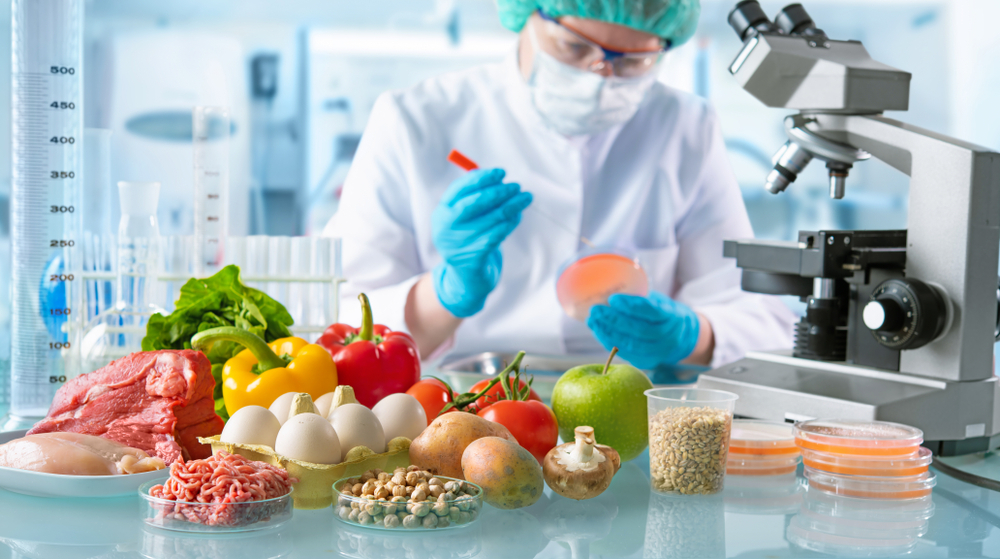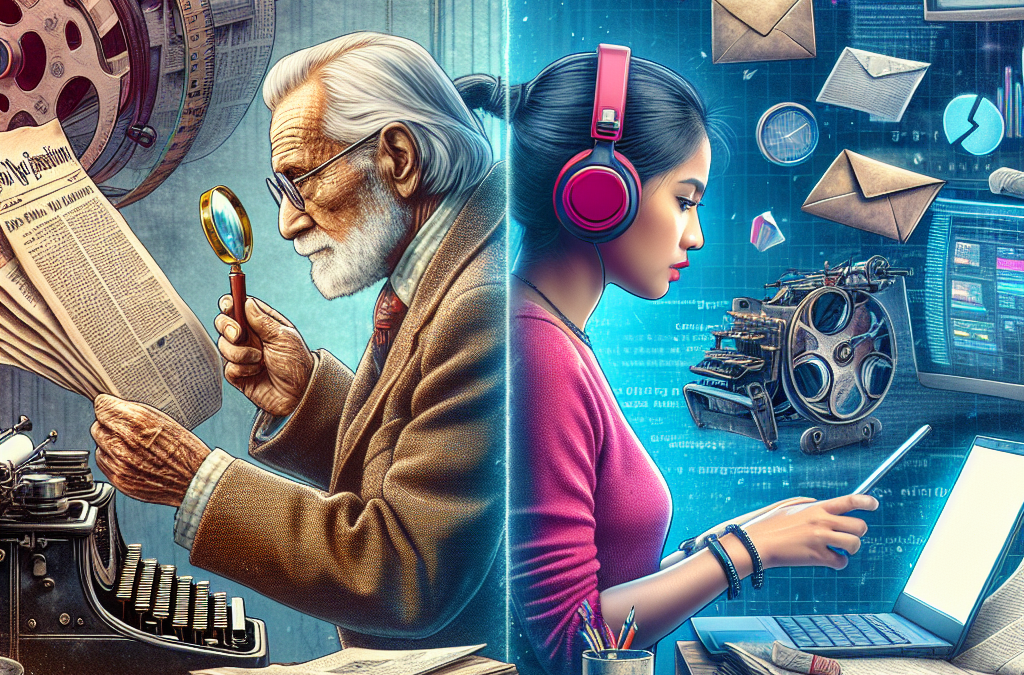
Revolutionizing the Culinary Landscape: The Impact of Food Technology on Modern Gastronomy
Food technology, a dynamic and interdisciplinary field, is transforming the way we produce, process, and consume food. From innovative preservation techniques //softwaretricks.co.uk/ to the development of plant-based alternatives, food technology is at the forefront of a culinary revolution that is reshaping the global food industry.
Table of Contents
ToggleUnveiling the World of Food Technology
Precision Agriculture: At the heart of food technology lies precision agriculture, employing data-driven approaches to optimize farming practices. Sensors, drones, and advanced analytics enable farmers to monitor and manage crop health, irrigation, and harvesting, fostering sustainable and efficient agricultural practices.
Novel Processing Techniques: Advancements in food processing technology have led to the development of novel techniques that preserve nutritional value and enhance food safety. High-pressure processing, microwave technology, and cold plasma treatments are just a few examples revolutionizing the way we process and package food, ensuring both quality and longevity.
Innovations in Sustainable Food Production
Alternative Proteins: As the demand for sustainable protein sources grows, food technologists are pioneering the development of alternative proteins. Plant-based and lab-grown meats are gaining traction, offering environmentally friendly alternatives without compromising on taste and texture.
Vertical Farming and Indoor Agriculture: Addressing the challenges of land scarcity and climate change, food technology is driving the rise of vertical farming and indoor agriculture. Controlled-environment agriculture allows for year-round crop production, reducing the environmental impact of traditional farming and ensuring a more resilient food supply chain.
Enhancing Consumer Experience
Smart Packaging: Food technology extends beyond the kitchen to the packaging realm. Smart packaging solutions equipped with sensors and QR codes provide consumers with real-time information about a product’s freshness, origin, and nutritional content, fostering transparency and traceability.
Augmented Reality in Dining: In the realm of dining experiences, food technology is introducing augmented reality (AR) to the table. AR-enhanced menus, interactive cooking tutorials, and virtual dining experiences are elevating the way consumers interact with food, creating a more immersive and personalized culinary adventure.
Addressing Global Challenges
Food Waste Reduction: Food technology is a key player in the battle against food waste. Innovative preservation methods, intelligent packaging, and data analytics are helping minimize waste at various stages of the food supply chain, from production to distribution and consumption.
Nutrigenomics: Personalized nutrition takes center stage with the integration of nutrigenomics into food technology. By understanding how individual genetics influence nutritional needs, personalized dietary recommendations can be tailored, promoting optimal health and well-being.
The Future of Food Technology
3D Printing in Culinary Arts: Looking ahead, 3D printing is emerging as a disruptive force in the culinary world. From intricate chocolate sculptures to personalized pasta shapes, 3D printing technology holds the potential to revolutionize food design, creating new possibilities for chefs and home cooks alike.
Blockchain for Food Traceability: Blockchain technology is increasingly being adopted for transparent and secure food traceability. This ensures that consumers have access to accurate information about the journey of their food, from farm to table, fostering trust and accountability in the food industry.
In conclusion, food technology is not just about creating innovative dishes; it’s about redefining the entire food ecosystem. From sustainable production practices to personalized nutrition, the influence of food technology is evident in every aspect of our culinary experiences. As the field continues to evolve, the intersection of science, sustainability, and gastronomy promises a future where food is not just sustenance but an art form shaped by the boundless possibilities of technology.
More Stories
The Rise of Virtual Reality: Exploring Its Impact on Entertainment and Beyond
In the ever-evolving landscape of technology, few innovations have captured the imagination and potential of the masses quite like virtual...
The Rise of Novita Lab Grown Diamonds: A Sustainable Sparkle for the Future
Lab grown diamonds have sparked a revolution in the gems business, offering a sustainable and ethical alternative to mined diamonds....
The Importance of a Strong Resume Headline: Everything You Need to Know
Introduction In today's competitive job market, your resume needs to grab attention quickly. One effective way to achieve this is...
The Evolution of Media and Journalism in the Digital Age
In an era dominated by rapid technological advancements and instantaneous access to information, the landscape of media and journalism has...
“Home Improvement Made Easy: Discovering Local Contractors for Your Project”
When it comes to tackling home improvement projects, finding the right professionals for the job is essential. Whether you're planning...
Wisdom: The Legacy of Home Improvement’s Wilson
In the realm of home improvement, few characters are as iconic and beloved as Wilson W. Wilson Jr., the enigmatic...







